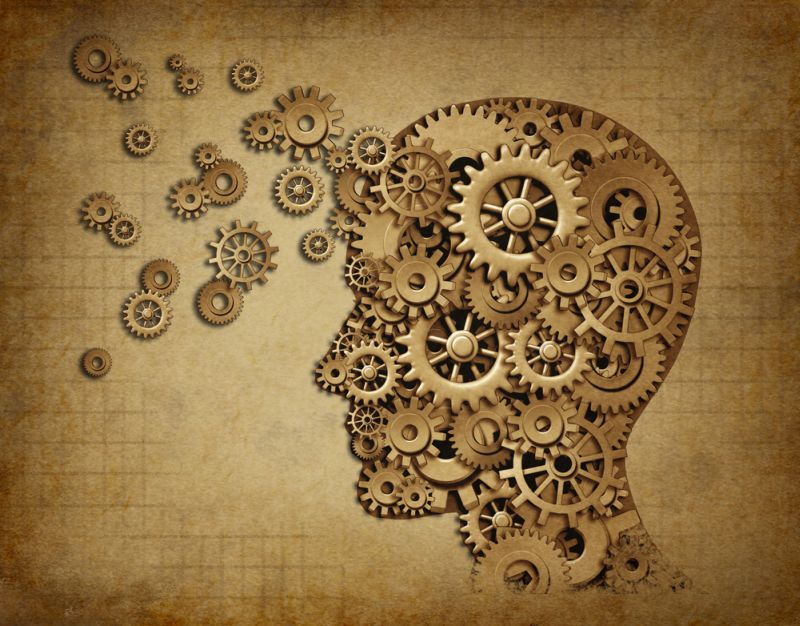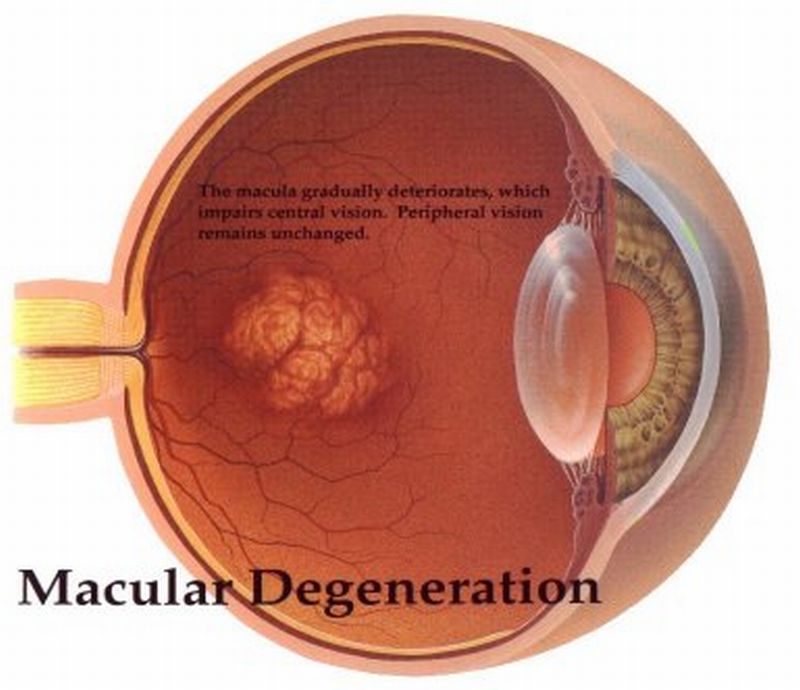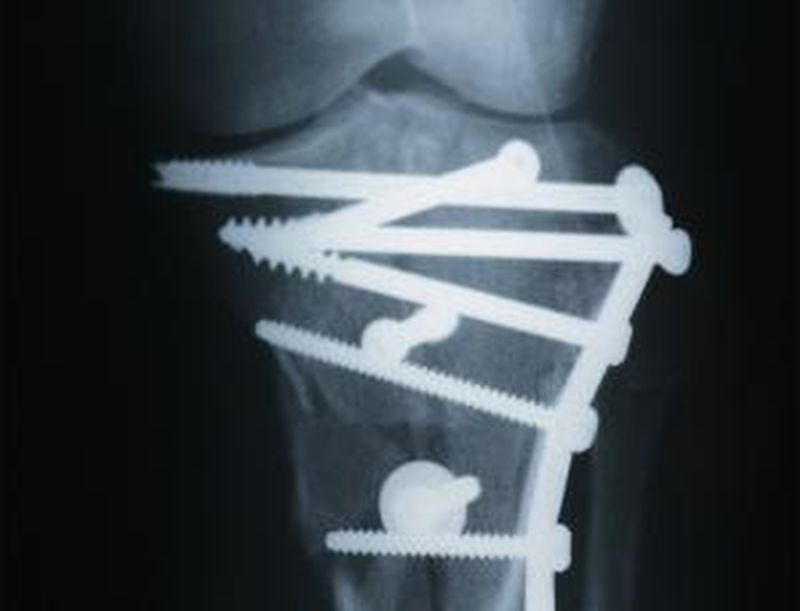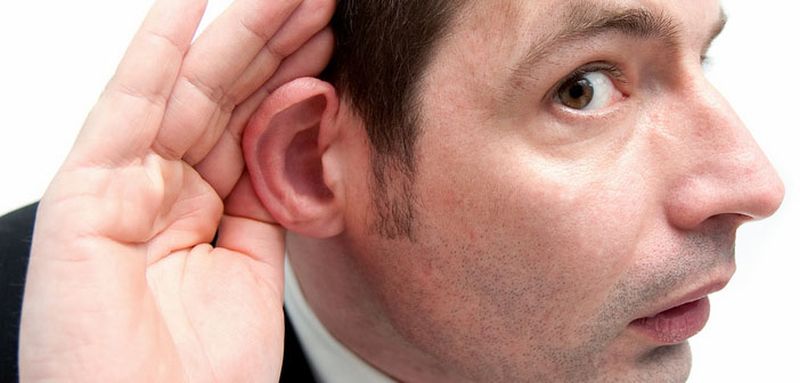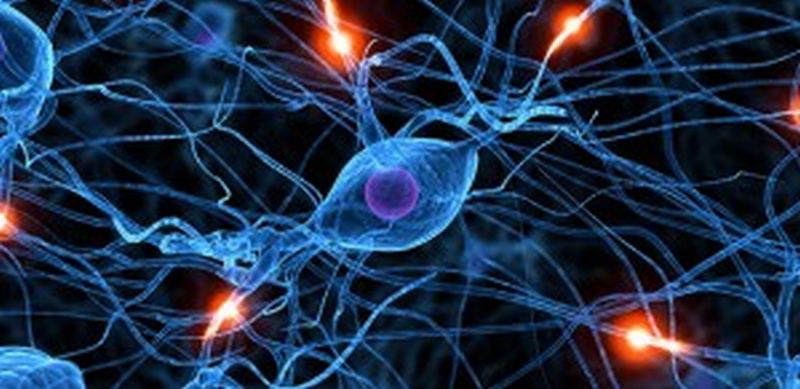After biomedical engineers from South Korea, who designed a dermal patch that monitor patient’s health and release drug under the skin, scientists from the University of Illinois at Urbana-Champaign and Northwestern University have come up with another revolutionary dermal, electronic patch that looks like a tattoo.
Read MoreCategory: Health Tonics
Antibacterial Soaps Proves Ineffective at Homes but not at Hospitals
Every other soap or hand wash available in the market, targets the consumers by emphasizing on its anti bacterial quality. Bacteria are the culprits that cause several diseases and infection. Sadly, these microscopic bacteria are present all around us. The easiest way to get rid of these bacteria is to maintain hygiene and so far, it was believed that antibacterial soap and hand wash effectively shield us against these bacteria.
Read MorePlaster to Release Medicine Below the Skin
A team of medical engineers from South Korean have developed a plaster which, when applied to the patient’s skin similar to regular band aids, discharge medicine below the skin. But unlike the normal band aid used for minor cuts and bruises, the plaster engages more complex and advanced technology, which enables it to monitor the activities of the muscle and accordingly discharges the required quantity of medicine and even decide when it is needed to stop.
Read MoreBrain Mechanics Still a Debatable Issue
Humans in their entire life come across thousands of people. And they relatively recognize and remember all of these individual faces, thanks to the extraordinary brain for the same. But the mechanism behind this ability of the brain is still an issue for debate among the scientists. There are two hypotheses proposed by the researchers explaining how humans acquired this ability. One group of researchers suggests that the brain has specialized mechanism, exclusively for faces. Whereas the other group put forward the belief (expertise hypothesis) that the identification of any…
Read MoreFAT10 Gene in Mice Associated to Body Fat And Ageing
In a latest research, scientists have identified a gene which synchronizes the immune system and metabolism of the body. And the study conducted on mice shows that eliminating the gene results in increased longevity and less body mass.
Read MoreActive Cancellation of Tremor to Combat Essential Tremor
In another health technology breakthrough, scientists have successfully managed to design and manufacture a shake cancelling device. As essential tremor causing uncontrollable hand-shakes is a common disorder in older ages, scientists from the University of Michigan Health System conducted a study that evaluated a new device which cancels the effect of hand-shakes resulting from essential tremor. The device was developed by a team from the startup company Lift Labs. 15 adults living with essential tremor participated in a clinical trial to test the use of this spoon. Participants were better…
Read MoreIRX3 Responsible For Body Composition: Fat Gene Discovered
For some, obesity is in the gene that has been passed from their ancestors. Lately, a new research has found an exclusive obesity gene IRX3, which is the main genetic factor leading to obesity. This implies that now there would be a clear subject for the formulating drugs to fight obesity, which is affecting a major population across the world.
Read MoreNano Innovation to Cure Macular Degeneration
Until now, treatment for eye disorders and other related problems were administered through injections, which were not only unpleasant but expensive as well. However, this would very soon become obsolete since researchers at University College London (UCL) have come up with eye drops for procuring macular degeneration. Nearly 2 in 10 people over 75 have age-related macular degeneration. And at this point of time, the research would prove a boon in combating the growing numbers of patients, and especially when the escalating demands of eye injections becomes responsible for halting…
Read MoreSpider Silk for Fixing Broken Bones: No More Additional Surgeries
Silk produced by the spiders or silkworm are known to have great tensile strength, elasticity and essentially bio-compatible. Medical researchers would very soon are going to use silk produced from these insects for fixing broken bones. Until now, metal screws, plates or biodegradable ones were being used for mending the bones. But now with this breakthrough invention we can have devices made up of silk for mending bones.
Read MoreProtein Rich Diet Is As Threatening As Smoking Cigarette: Understanding Nutrition
A diet rich in proteins is good for a healthy and longer life, however, this belief does not hold true at all stages of life. According to a new study, a protein rich diet taken by a middle age persons, can be detrimental to health in the long run. The researchers claim that a heavy protein diet increases the risk of cancer, four times, making them as life threatening as smoking a cigarette.
Read MoreResearchers Says Humans Have a Poor Memory For Sounds
When in school or college, we avoided taking note, believing that we can remember all that is being talked about in the lecture. Though we sincerely paid attention to what was being taught, we could not recall much, later. This is not just the case in school or college, try and remember the list of groceries that was discussed in the morning breakfast table. This is not exceptionally a case with you, researchers says that humans fail to remember and recall things that they hear. In short, humans have poor…
Read MoreLearning Changes Brain Cell Connectivity
A new discovery has been achieved in the world of neurology. Scientists have made progress in better understanding what happens inside our brains when we learn or remember information. According to the University of British Columbia research team, molecular changes are observed in the brain when one learns or remembers. Such changes occur in the brain’s chemistry as fatty acids attach to delta-catenin (a protein important for normal cognitive development- Wikipedia) upon learning new things, which ultimately alters brain cell connectivity coupled with learning and memory. The study was conducted…
Read MoreDogs and Humans Both Have Dedicated Voice Areas: A Research
A recent Hungarian study proved that dog’s brains, similarly to humans’, have areas that are dedicated to recognizing emotional cues in voice. The study was conducted by Attila Andics of the MTA-ELTE Comparative Ethology Research Group in Hungary. Anidcs said that “Dogs and humans share a similar social environment,” “Our findings suggest that they also use similar brain mechanisms to process social information.” “This may support the successfulness of vocal communication between the two species,” he added. The study was made possible by training 11 dogs to lay still throughout the…
Read MoreResearchers Develop Tool For Detecting Clinical Depression
Almost everyone had experienced depression at some point. The degree of depression varies from person to person with some suffering from a major depression and the other from clinical depression. It is said that 75 percent of the mental disorders starts before the person attains the age of 24. And it is always better if the disorder gets identified at an early stage. Recently, researchers have found a way of evaluating depression at an early stage just as heart ailments.
Read MoreFather’s Preconception Habits Can Cause Fetal Disorders
Everyone is aware of the fact that consuming hard drink and smoking during pregnancy is harmful to the fetus and can lead to Fetal Alcohol Syndrome (FAS). And babies with FAS faces complications such as stunted growth, retarded brain, nervous system dysfunction, isolation and other social problems. So far, father was not thought to be contributing to such abnormalities. However, in a recent research claims to prove that fathers are even more liable and therefore need to keep a check on their lifestyle. Fathers indulged in alcohol, smoking, drugs and…
Read More



